The International Hydrogen Fuel Cell Association (IHFCA) successfully held the Fifth Session of its First Executive Board Meeting on June 18, 2025, in a hybrid online-offline format at the Shanghai Automobile Exhibition Center, concurrently with the 2025 International Hydrogen and Fuel Cell Vehicle Congress and Exhibition (FCVC 2025).
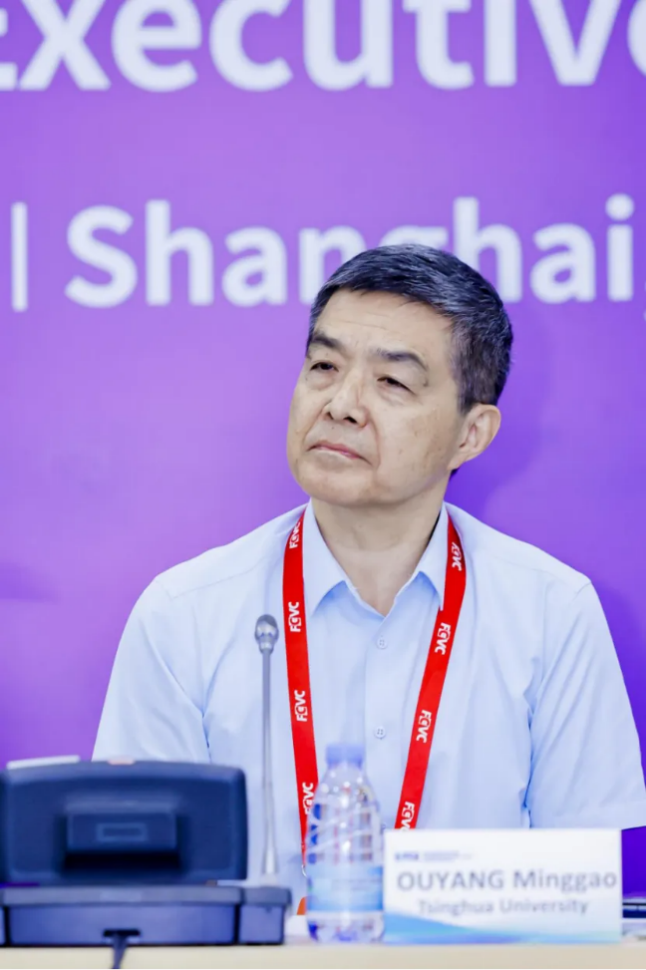
The meeting was chaired by IHFCA Chairman Ouyang Minggao, Professor at Tsinghua University
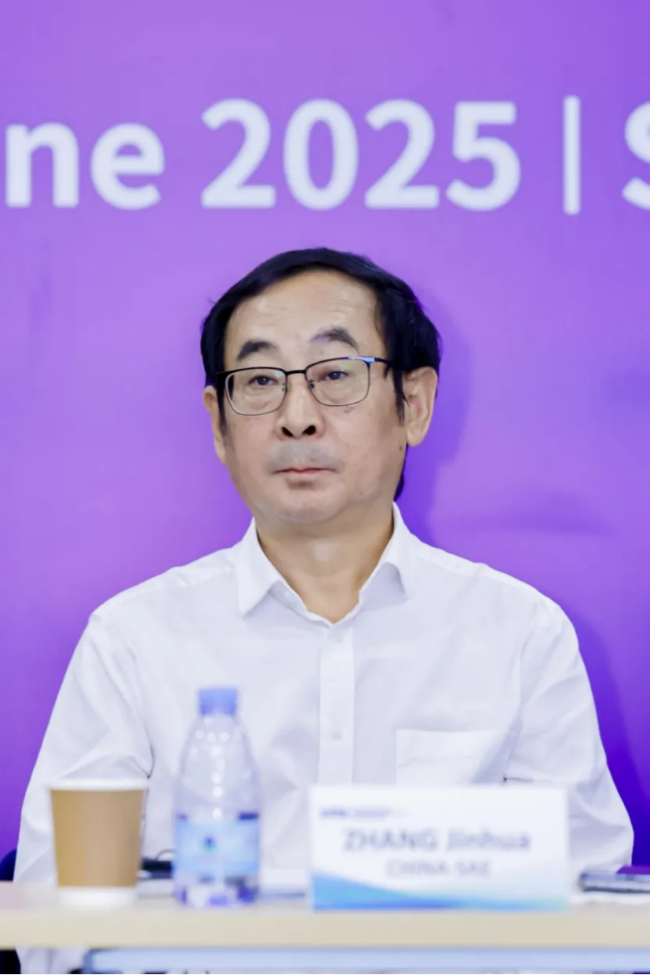
Zhang Jinhua, Standing Vice Chairman of IHFCA and Chairman of China Society of Automotive Engineers
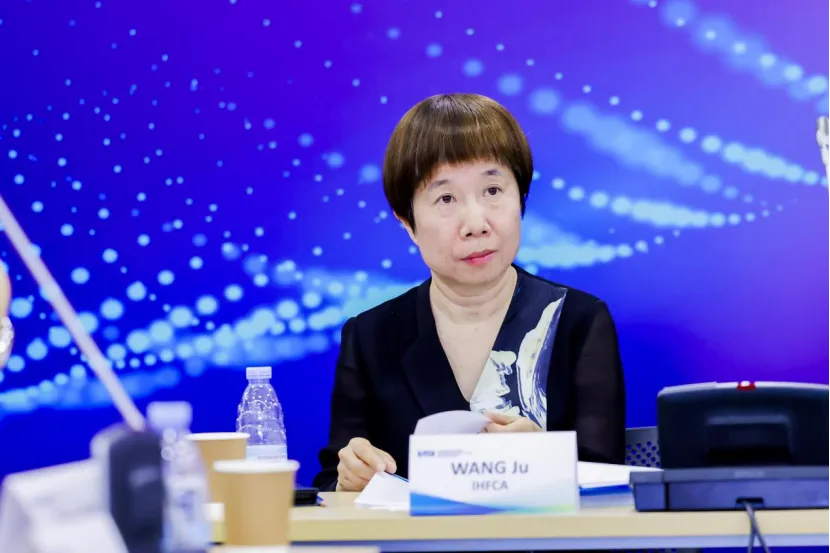
IHFCA Secretary General Wang Ju
The meeting was chaired by IHFCA Chairman Ouyang Minggao, Professor at Tsinghua University, with attendance from Executive Vice Chairman Zhang Jinhua, Chairman of China Society of Automotive Engineers; Secretary General Wang Ju; Valterra Platinum's Global Head of Market Development Hilton Ingram; SAIC Motor Vice President and Chief Engineer Zu Sijie; Toyota Motor (China) Senior Technical Executive Yuda Shuji; China President of Anglo American Tony Chen; and representatives from global member institutions.
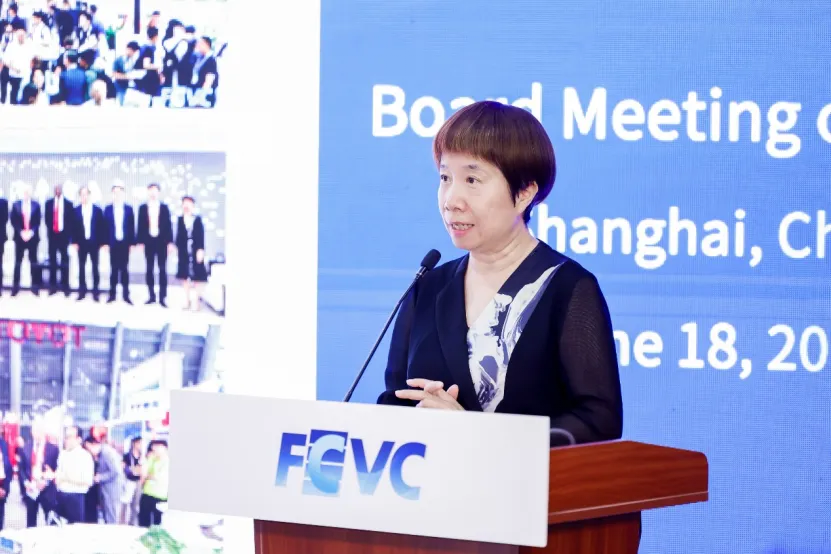
Wang Ju presented the IHFCA 2024-2025 Annual Report
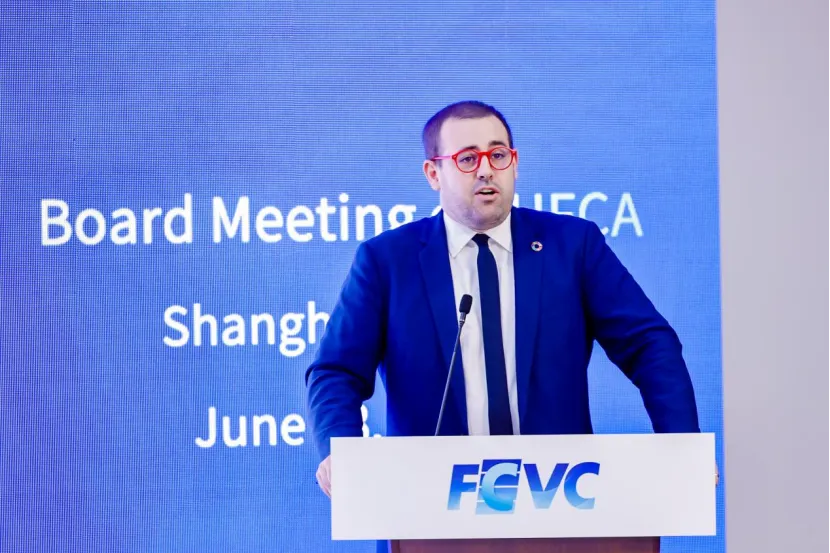
Mikaa Blugeon-Mered, CEO of HYDROGEN MOSAIC, introduced the resolution
Secretary General Wang Ju presented the IHFCA 2024-2025 Annual Report, detailing the association's achievements, financial status, and 2025-2026 work plan. She expressed gratitude for members' steadfast support and reaffirmed IHFCA's commitment to strengthening global cooperation in hydrogen energy development. Mikaa Blugeon-Mered, CEO of IHFCA member institution HYDROGEN MOSAIC, then introduced the resolution regarding Changes (Additions) to the Vice Chairman Positions of the First Executive Board of IHFCA. Both documents were subsequently approved by board vote.
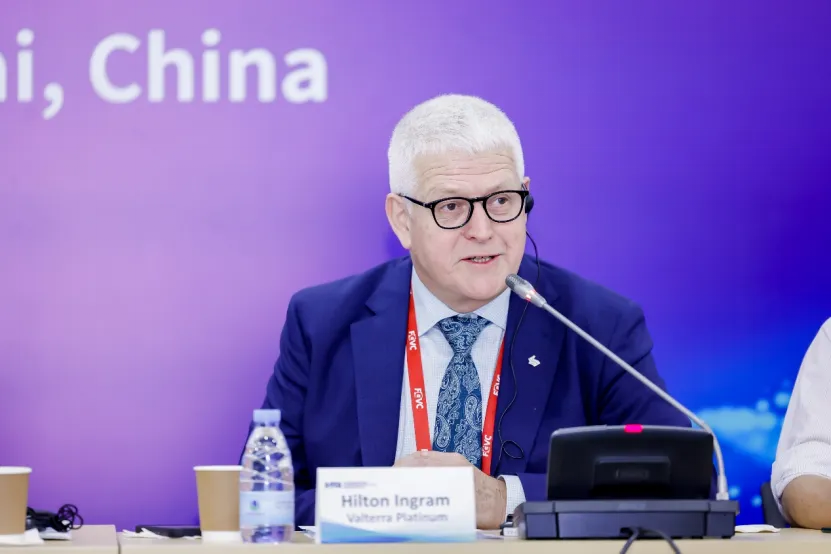
Valterra Platinum's Global Head of Market Development Hilton Ingram
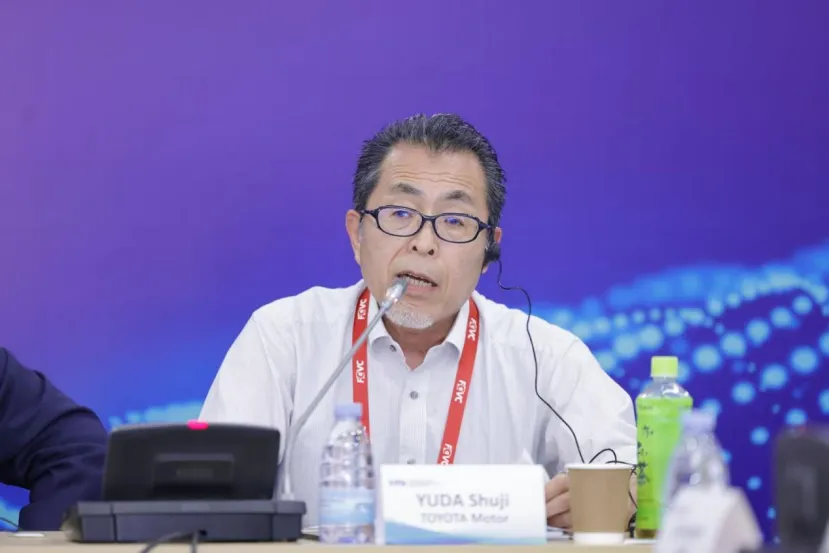
Toyota Motor (China) Senior Technical Executive Yuda Shuji
During the open discussion session, representatives offered strategic insights for industry development under current challenging conditions. Valterra Platinum's Hilton Ingram expressed high recognition for China’s groundbreaking contributions to the hydrogen and fuel cell vehicle sectors. Emphasizing the critical role of international collaboration in advancing global decarbonization, Mr. Ingram called for deeper cooperation with China. He advocated for the co-development of a global fuel cell vehicle ecosystem and urged stakeholders to accelerate the implementation of demonstration projects. Toyota's Yuda Shuji proposed three breakthrough strategies: technological development for heavy-duty and cold-climate applications, cost-optimized business models, and policy innovation for infrastructure development, while announcing hydrogen-swapping pilot projects with Professor Ouyang's team.
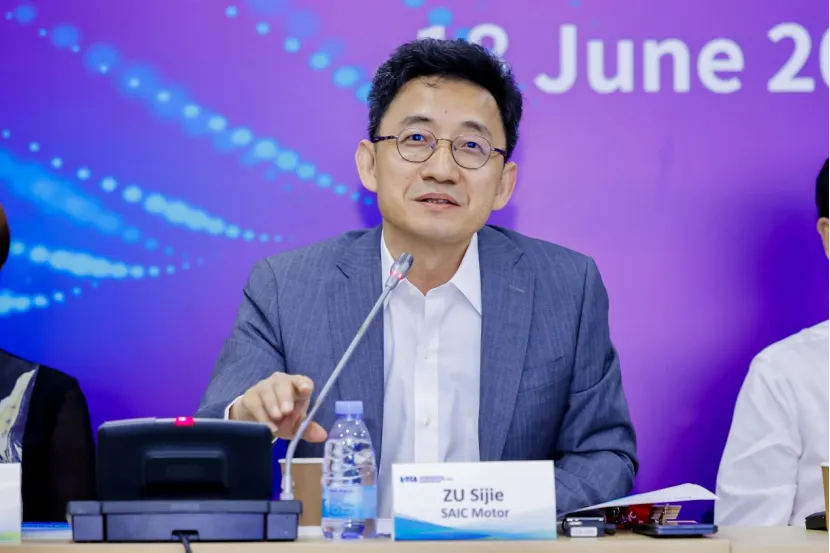
SAIC Motor Vice President and Chief Engineer Zu Sijie
SAIC's Zu Sijie acknowledged that while the fuel cell vehicle industry is currently experiencing a cyclical downturn, this moment also presents a critical opportunity to identify new paths for growth. He expressed hope that the Association would continue to build global consensus and seize the window presented by China’s 2030 carbon peaking goal and the new Five-Year Plan. He called for the establishment of broader mechanisms for international collaboration to overcome scale-up barriers in the fuel cell industry.
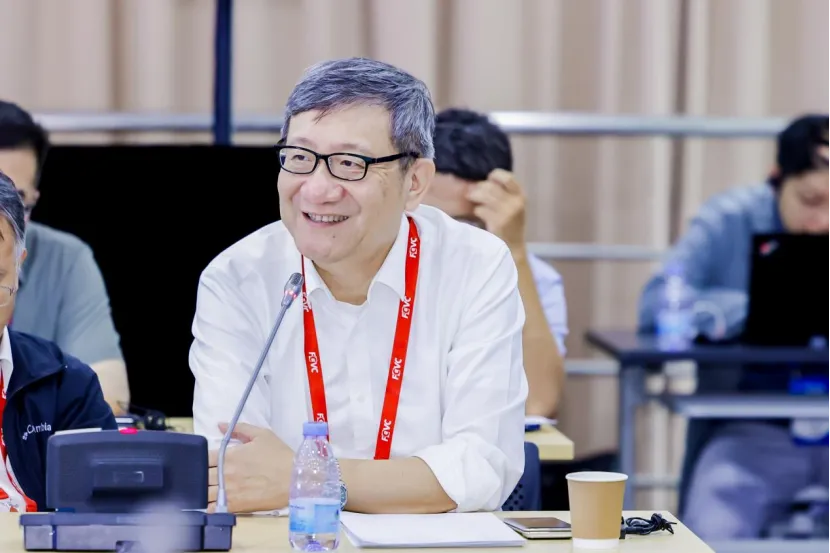
Tony Chen, China President of Anglo American
Speaking as a founding member of the Association, Tony Chen from Anglo American emphasized that hydrogen is the only clean energy source capable of fundamentally displacing oil dependence. With key technological bottlenecks now largely overcome, he stressed the urgent need to build a diversified application ecosystem centered on scenario expansion, policy alignment, and technological breakthroughs. He offered three strategic recommendations for the Association:
1.Promote the scaled deployment of hydrogen in both commercial and passenger transportation, as well as in energy storage;
2.Advocate for the establishment of policy and regulatory frameworks for green hydrogen and hydrogen refueling infrastructure to address non-technical barriers;
3.Increase investment in solid-state hydrogen storage R&D to enable cost-effective and safe solutions under ambient temperature and high-pressure conditions.
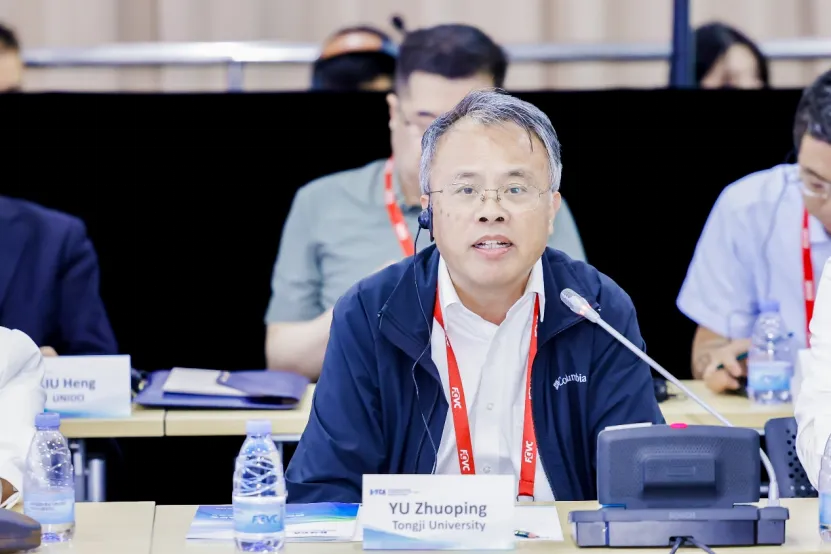
Yu Zhuoping from Tongji University
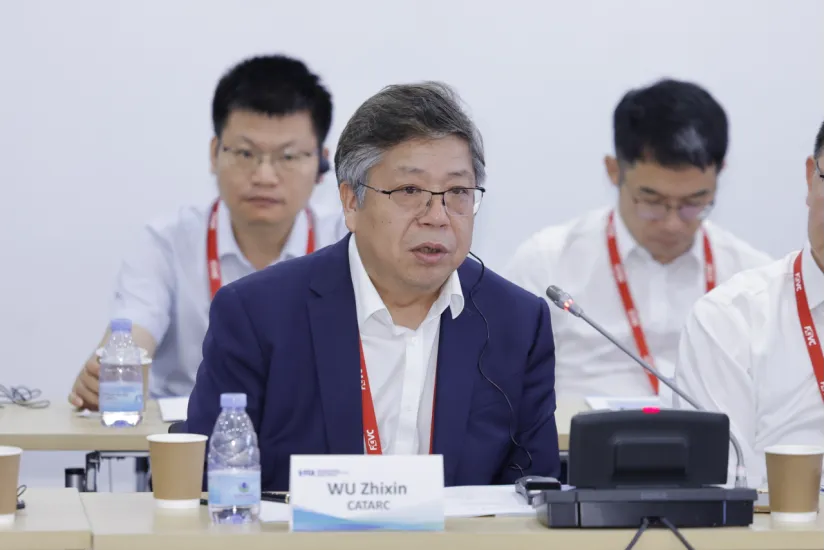
Wu Zhixin, Chairman of Standardization Working Committee of IHFCA
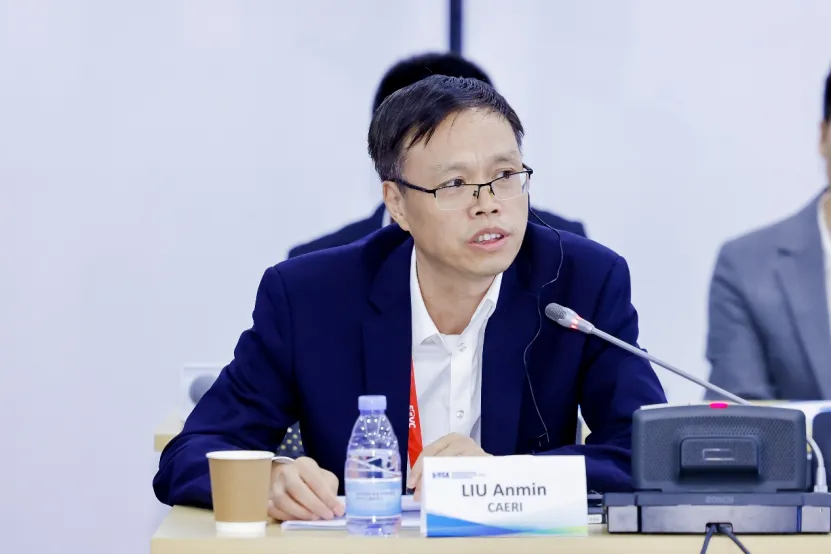
Liu Anmin, Board Member and General Manager of CAERI
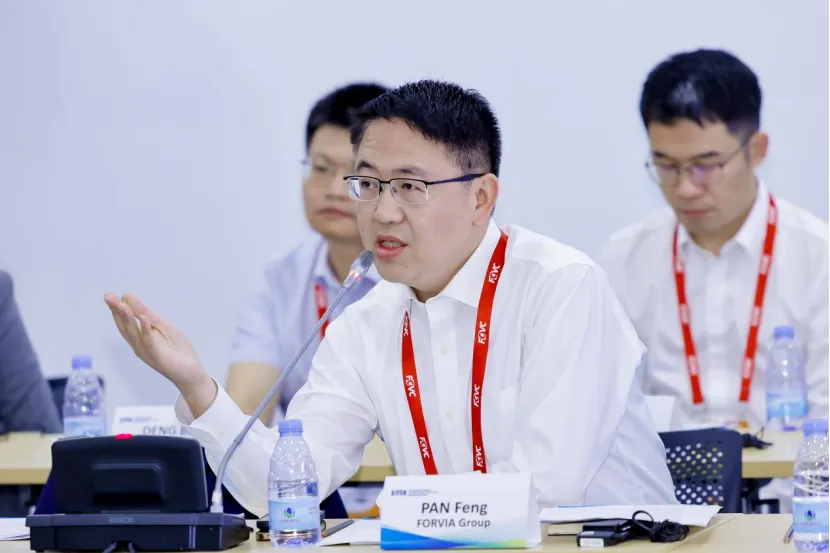
Pan Feng, Faurecia Hydrogen Solutions China General Manager
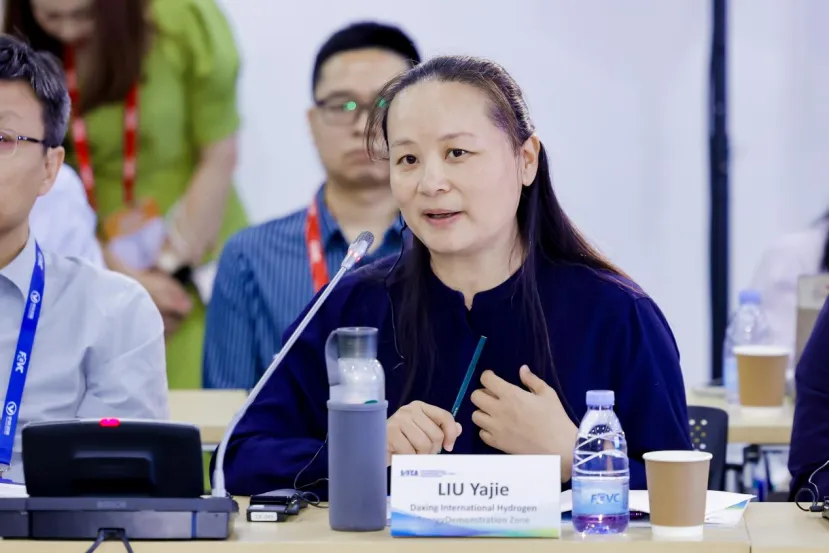
Liu Yajie, General Manager of the Daxing International Hydrogen Demonstration Zone
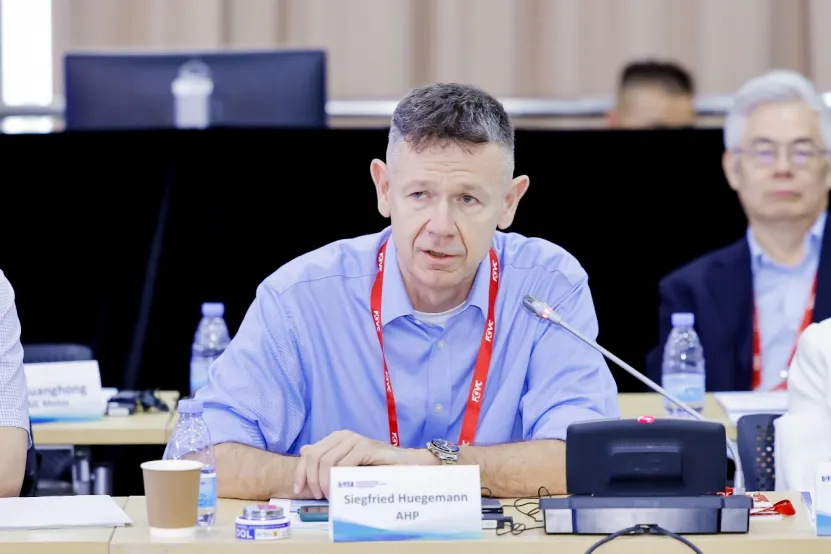
Siegfried Huegemann, Secretary General of AHP
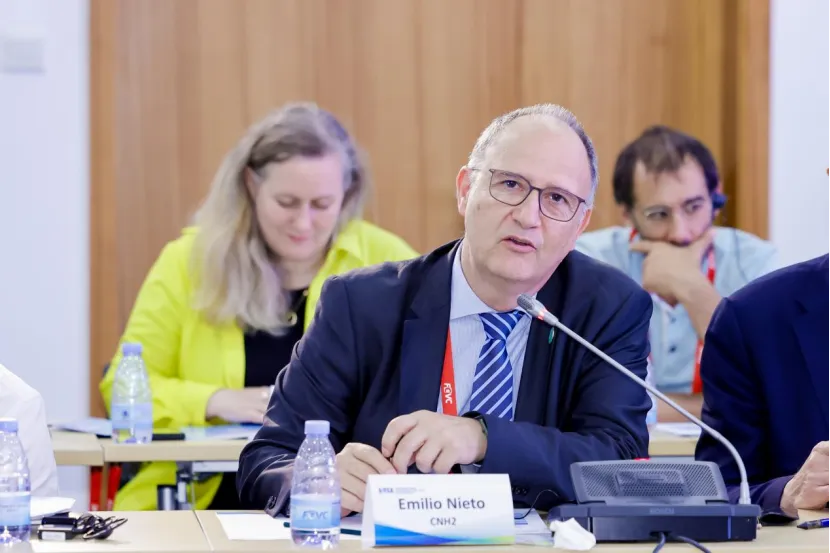
Dr. Emilio Nieto, General Manager, Spanish National Hydrogen Center
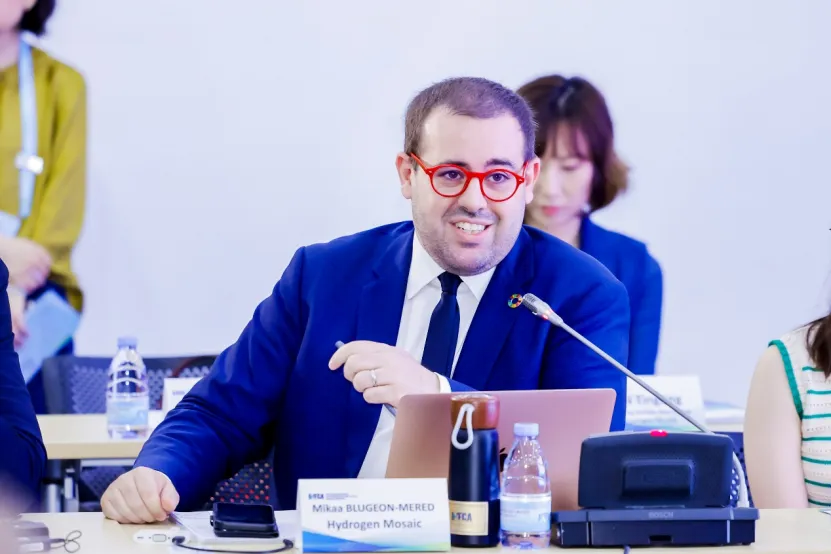
Mikaa Blugeon-Mered, CEO of Hydrogen Mosaic
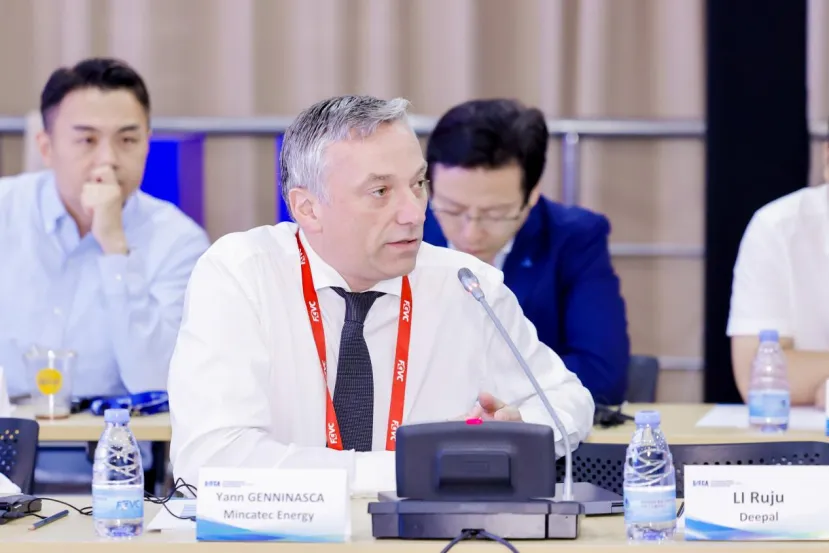
Yann Genninasca from Mincatec Energy
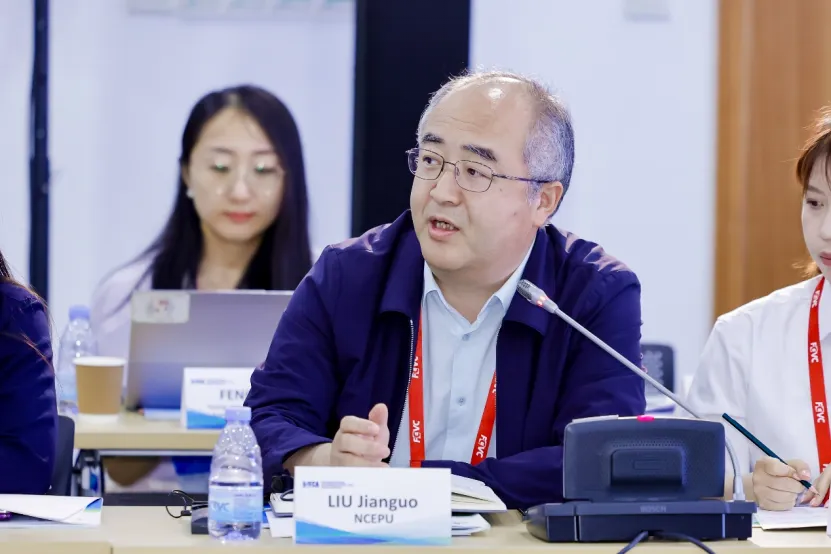
Professor Liu Jianguo of North China Electric Power University
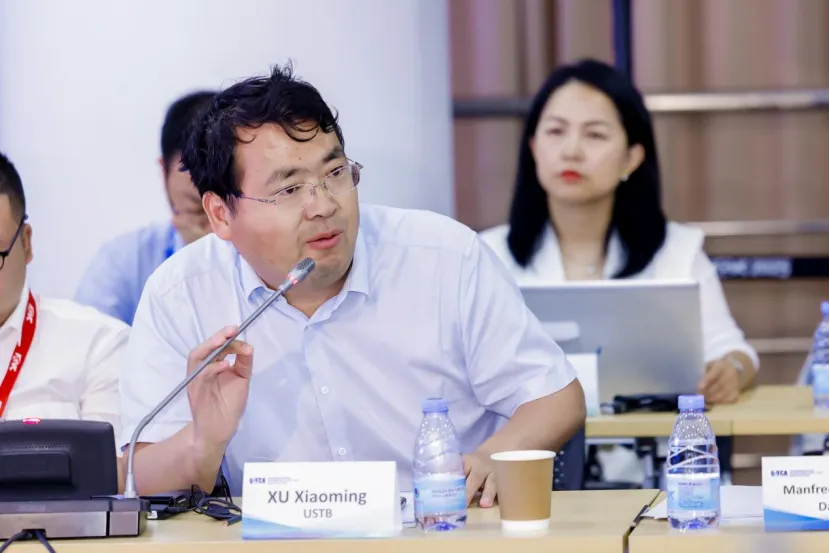
Professor Xu Xiaoming of University of Science and Technology Beijing
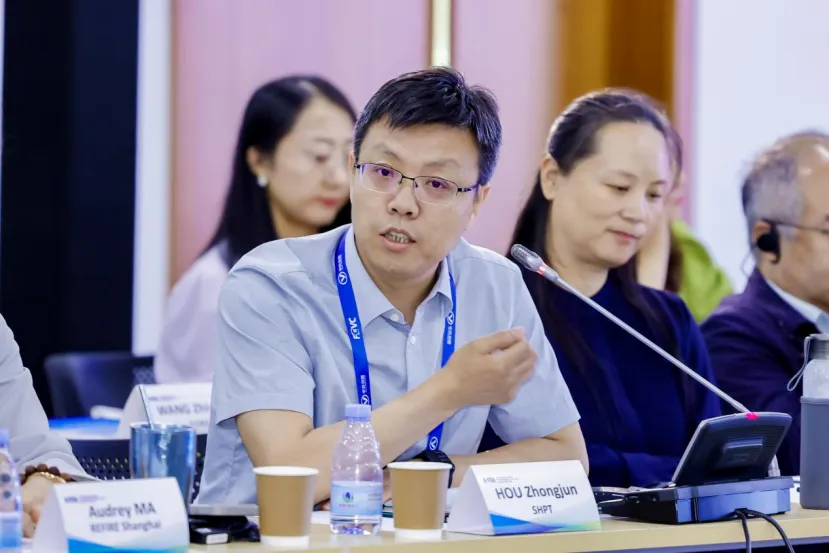
Hou Zhongjun, Vice General Manager of SHPT
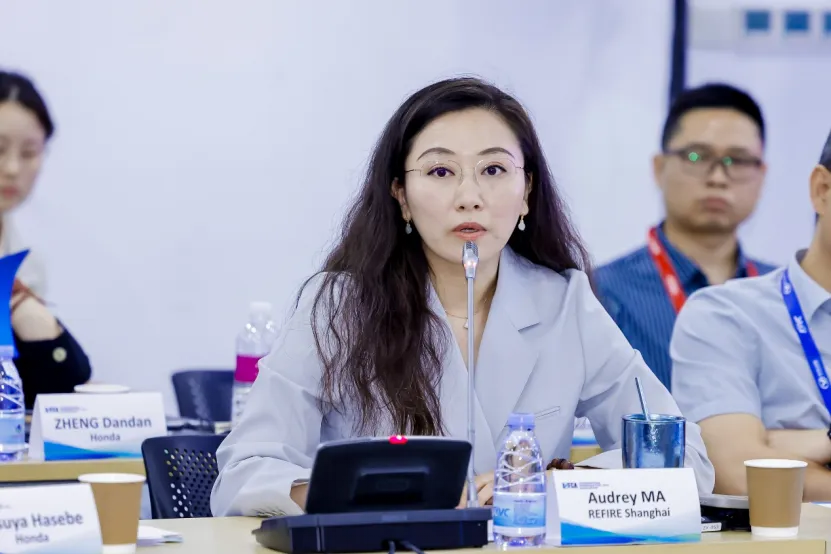
Audrey Ma, Vice President of REFIRE Group

Chen Jinrui, Fuel Cell Director, Changan Automobile Co., Ltd.
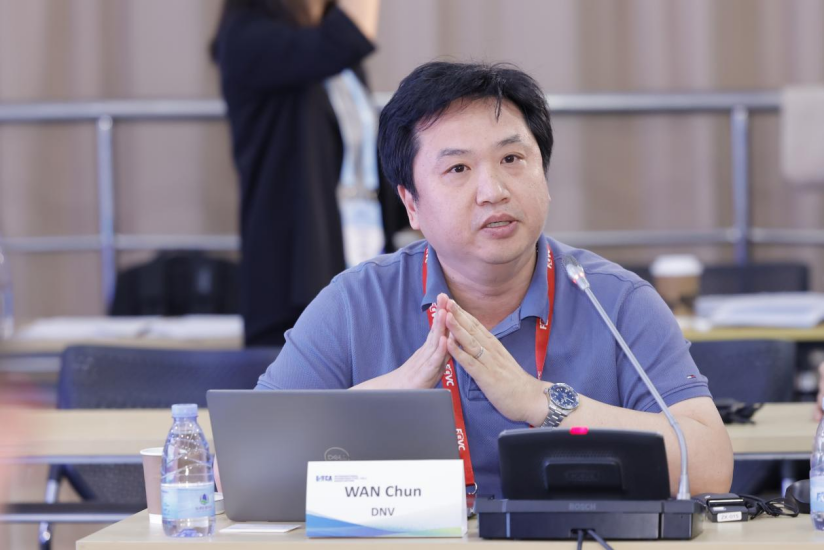
Wan Chun, China Head of Renewable Energy Advisory at the Energy Systems Department, DNV
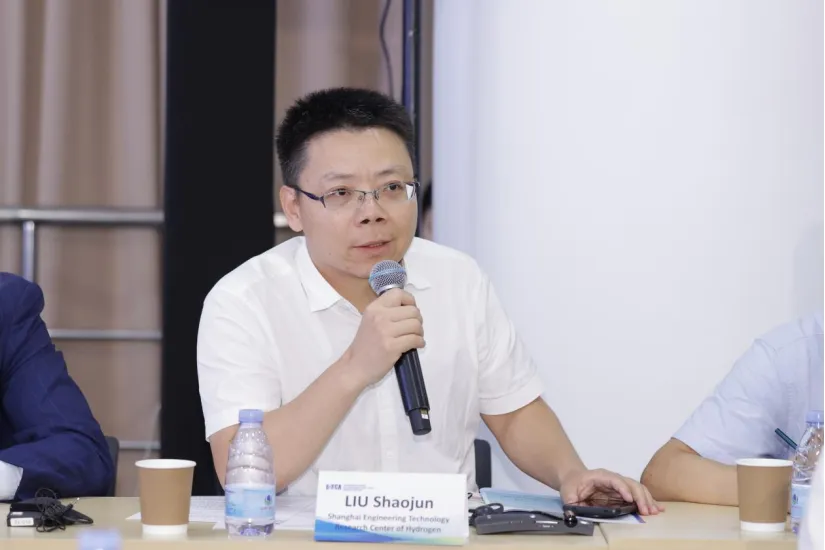
Liu Shaojun, Executive President, Shanghai Sunwise New Energy Systems Co., Ltd.
During the meeting, several Board representatives delivered insightful remarks and constructive proposals, including Professor Yu Zhuoping from the School of Automotive Engineering at Tongji University; Wu Zhixin, Chairman of the Standardization Working Committee of IHFCA; Liu Anmin, Board Member and General Manager of CAERI; Pan Feng, Pan Feng, Faurecia Hydrogen Solutions China General Manager; Liu Yajie, General Manager of the Daxing International Hydrogen Demonstration Zone; Siegfried Huegemann, Secretary General of AHP; Dr. Emilio Nieto, General Manager of Spanish National Hydrogen Center; Mikaa Blugeon-Mered, CEO of Hydrogen Mosaic; Yann Genninasca from Mincatec Energy; Professor Liu Jianguo of North China Electric Power University; Professor Xu Xiaoming of University of Science and Technology Beijing; Hou Zhongjun, Vice General Manager of SHPT; Audrey Ma, Vice President of REFIRE Group; Chen Jinrui, Fuel Cell Director at Changan Automobile Co., Ltd.; Wan Chun, China Head of Renewable Energy Advisory at the Energy Systems Department, DNV; and Liu Shaojun, Executive President, Shanghai Sunwise New Energy Systems Co., Ltd.
The Board members reached a broad consensus on key priorities, including strengthening public education on hydrogen safety, accelerating the internationalization of hydrogen standards, pooling global resources to scale up industrial development, and using demonstration projects to drive market adoption. They expressed hope that IHFCA will continue to leverage its role as a global organization to enhance international coordination, foster cross-border cooperation, and further establish itself as a trusted international exchange platform for the hydrogen sector.
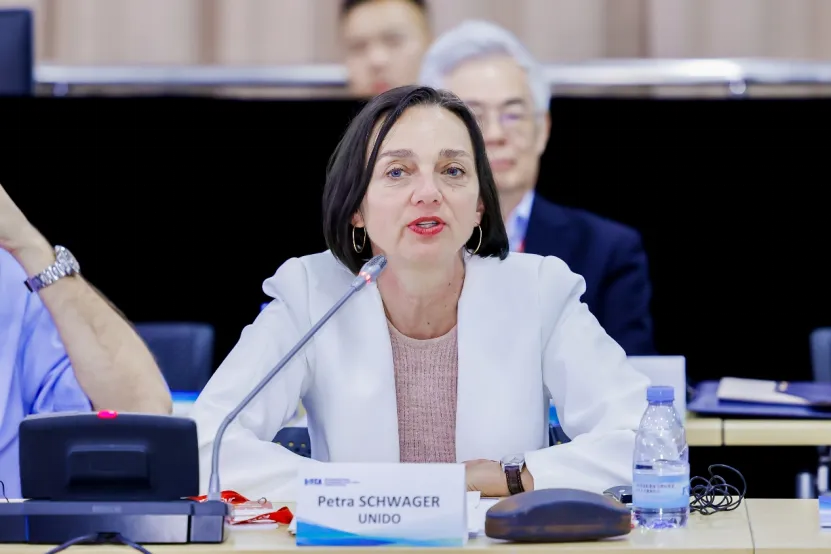
Petra Schwager, Chief of the Climate and Technology Partnerships Division (CTP) of the United Nations Industrial Development Organization
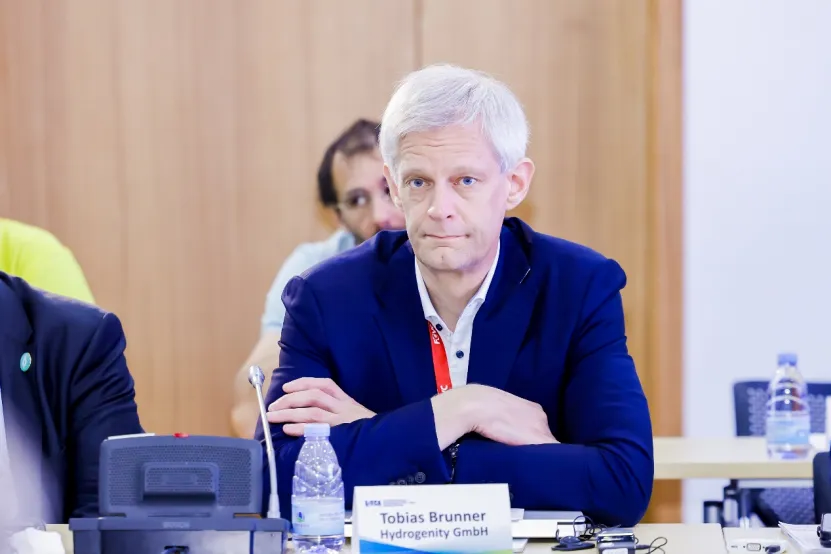
Dr. Tobias Brunner, Co-founder and Managing Director of Hynergy GmbH
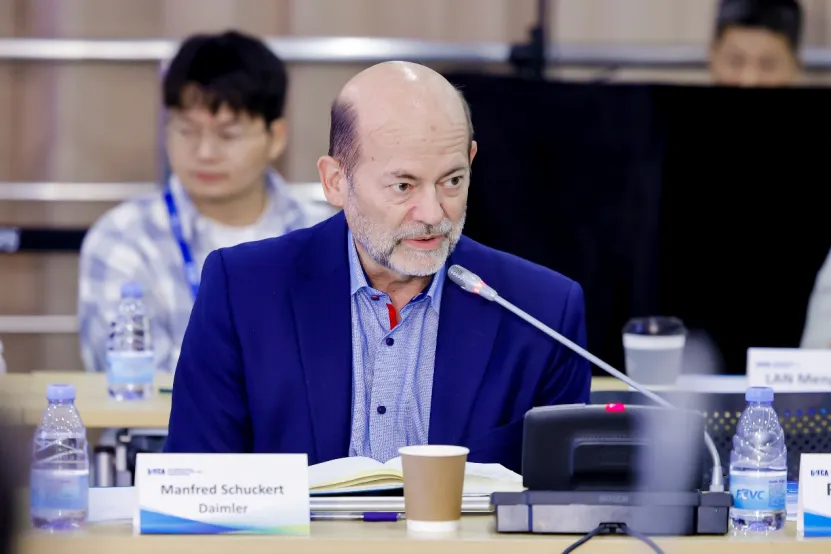
Manfred Schucker, Vice President, Head of Regulatory Strategy Development and International Hydrogen Strategy, Daimler Truck AG
In addition, several special guests also shared valuable insights during the meeting, including Ms. Petra Schwager, Chief of the Climate and Technology Partnerships Division (CTP) of the United Nations Industrial Development Organization (UNIDO); Mr. Tobias Brunner, Co-founder and Managing Director of Hynergy GmbH; and Mr. Manfred Schucker, Vice President and Head of Regulatory Strategy Development and International Hydrogen Strategy of Daimler Truck AG.
In his concluding address, Professor Ouyang Minggao emphasized that the hydrogen industry is transitioning from vision to reality and is poised to reshape the global energy landscape. Over the past year, the Association has achieved breakthrough progress in the field of standardization—initiating two new standardization studies and delivering impactful policy recommendations. As a global hub for hydrogen cooperation, IHFCA has continued to facilitate intercontinental technical exchanges and industrial collaboration, while also unlocking the potential of hydrogen through its think tank research.
Looking ahead to the deep decarbonization journey, Professor Ouyang, on behalf of the Association, called upon global members to enhance collaboration. "We are not only participants in the energy transition—we must also be its architects," he stated. He expressed his hope that the Association, capitalizing on the technological strengths of its member institutions, will accelerate the large-scale deployment of hydrogen in both the transportation and industrial sectors and help build a global support system for achieving carbon neutrality.